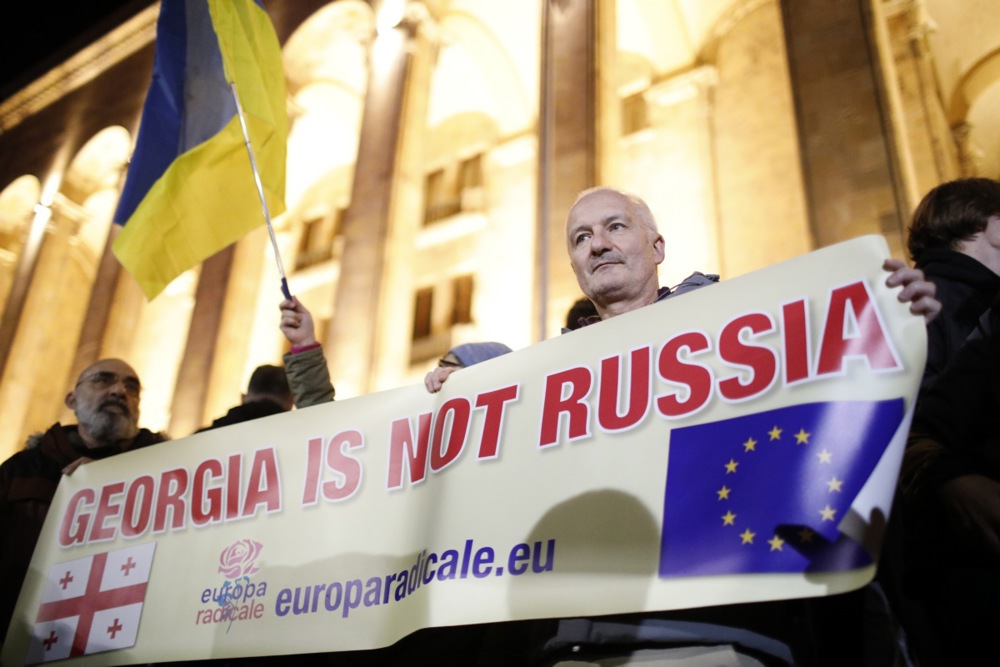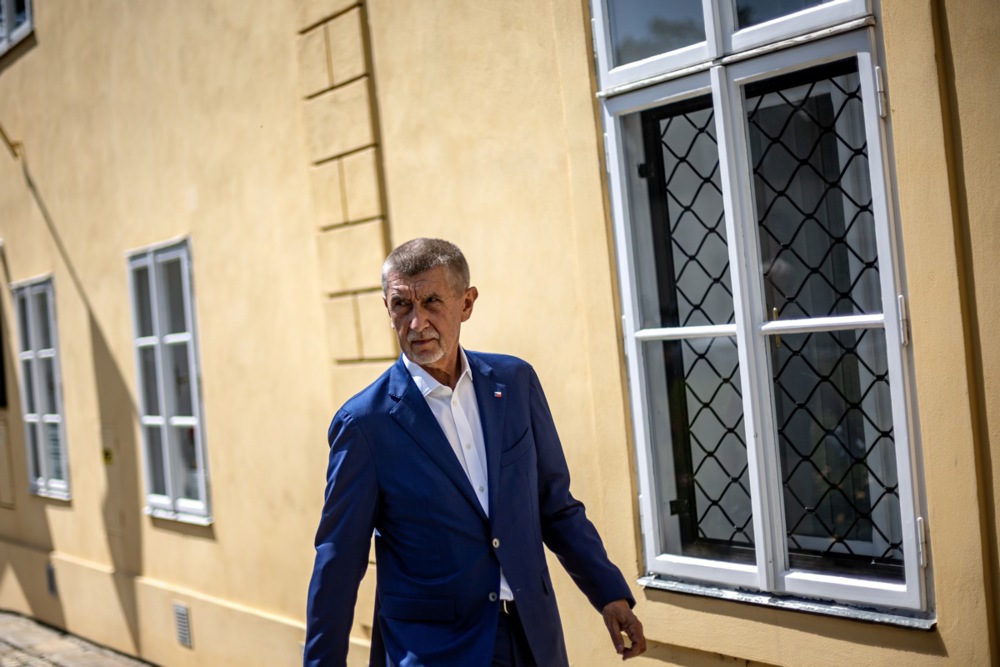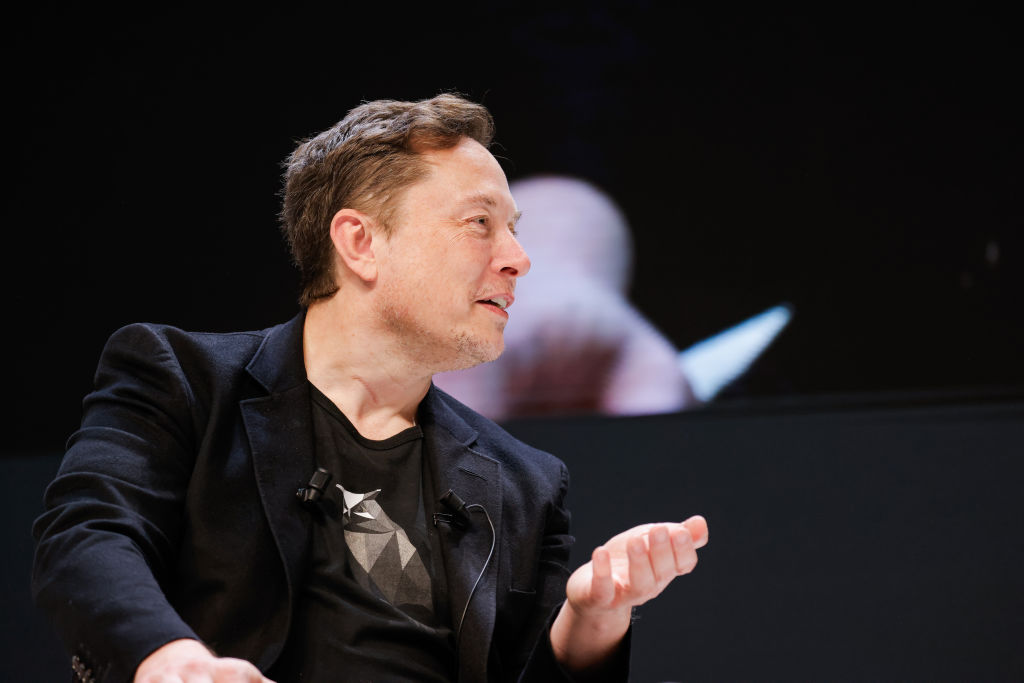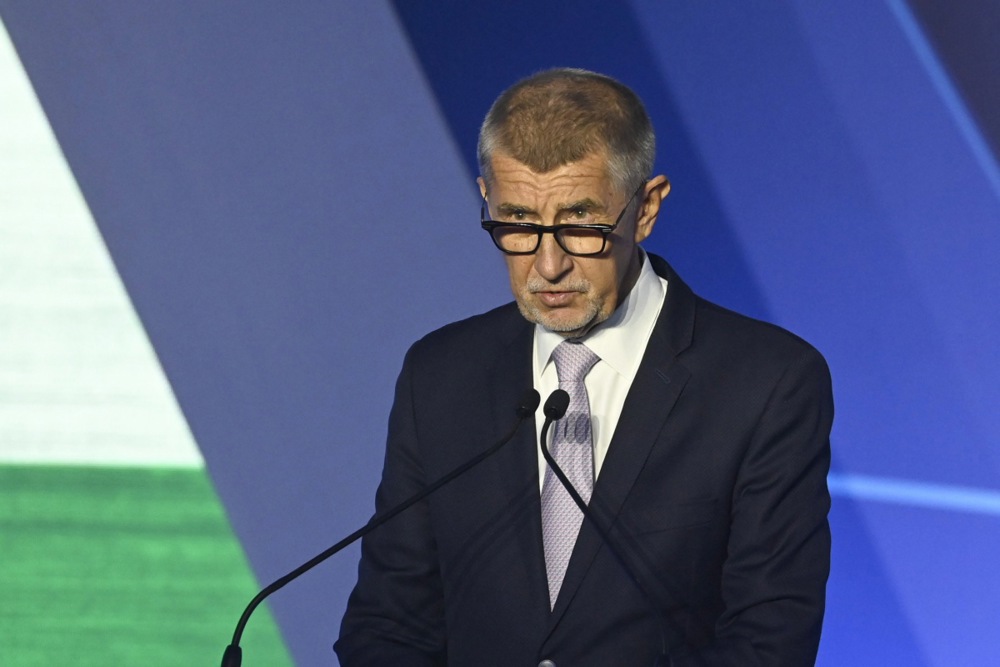A recently launched petition demanding a new general election in the UK has gained traction after being retweeted by US tech mogul Elon Musk.
The man behind the petition launched on November 20, Michael Westwood, billed as the owner of Britain’s “cheapest pub,” the Wagon and Horses, said in his description of the poll that the government of Prime Minister Keir Starmer had “gone back on promises they laid out in the lead up to the last election.”
In Britain, the petition system allows citizens to raise issues directly with parliament through the official UK parliament petitions website. If a petition garners 100,000 signatures or more, it becomes eligible for consideration for a debate by MPs.
The petition quickly passed expectations and within five days it had been signed by more than two million people.
Its popularity may be partially attributed to a retweet by Musk on November 24, who posted: “The people of Britain have had enough of a tyrannical police state.”
The people of Britain have had enough of a tyrannical police state https://t.co/0PtR5qQOKw
— Elon Musk (@elonmusk) November 24, 2024
Right-wing Renew party MP Nigel Farage said he supported the project. Other right-leaning MPs have been promoting the petition, including Andrew Griffith, the shadow business secretary, and Richard Tice, the deputy leader of Reform.
Movie star Michael Caine has also shared a link to the petition on his X-account, as has TV star Jeremy Clarkson, via his farm-account on X.
Some observers said the success of the petition was a damaging blow for the government.
Reacting to the support, Westwood told news outlet Express on November 24: “The British public feel like they have been betrayed with the promises that were told in the lead to the election and then what has been delivered since – it looks nothing like what was promised.”
“I think people have had enough, people have seen what’s happened over in America as well, and I think that’s had a knock-on effect that, actually, if people stand together and vote then we can make a change.”
Westwood said promises about the budget, which included lower costs for beer were not kept and instead the cost of alcohol for bar patrons rose due to increases in the minimum wage and national insurance.
“As a small business we’ve got to fight back and try and help the people around us and the community,” he said.
Vernon Bernard Bogdanor, political scientist, historian and research professor at the Institute for Contemporary British History at King’s College London, said: “There is no way of getting a government with a large majority to go to the country before it wishes to do so. But if it reaches a certain level, it is embarrassing for the government and has to be debated in Westminster Hall.”
“It is, to my mind, odd that a government that has secured just one-third of the vote – 34 per cent – can enjoy such a huge majority. And, given that turnout was just under 60 per cent, it was supported by just 20 per cent of the [eligible] voters.”
Early elections would only be possible if the PM asked the King to dissolve parliament, triggering a general election, or if the government lost the confidence of the members of the Commons.
Starmer has already doused hopes people might have had regarding new elections. He said he was “not surprised” some people were calling for new elections but ruled any such plans.
“That isn’t how our system works. There will be plenty of people who didn’t want us in in the first place. So, what my focus is on is the decisions that I have to make every day,” he said.
Starmer blamed the situation on the difficulties regarding the budget, saying he had made “‘tough but fair decisions”, because he had “inherited a broken economy”.
The government also came under fire for raising university tuition costs and burdening farmers via inheritance taxes.
A harsh clampdown on British protesters who were outraged over a stabbing on October 30 by an apparent religious extremist also created anger among many Britons.
Since being voted in office, Starmer’s popularity has plummeted while his Labour Party also is in free fall.
A poll over November 19-21 put Labour on 25 per cent, three points behind the Conservatives, who bounced back a little after their collapse in the general election in July. Support for the Reform party, which did surprisingly well in that ballot, is on the rise also.
? Starmer suffers biggest fall in popularity for new PM
Approval rating plunges from high of plus 11 after landslide election win to -38 – a net drop of 49 – ahead of Budget
Read more ⬇️https://t.co/rdKp8xRDQz pic.twitter.com/gXuT11PVZH
— The Telegraph (@Telegraph) October 28, 2024





